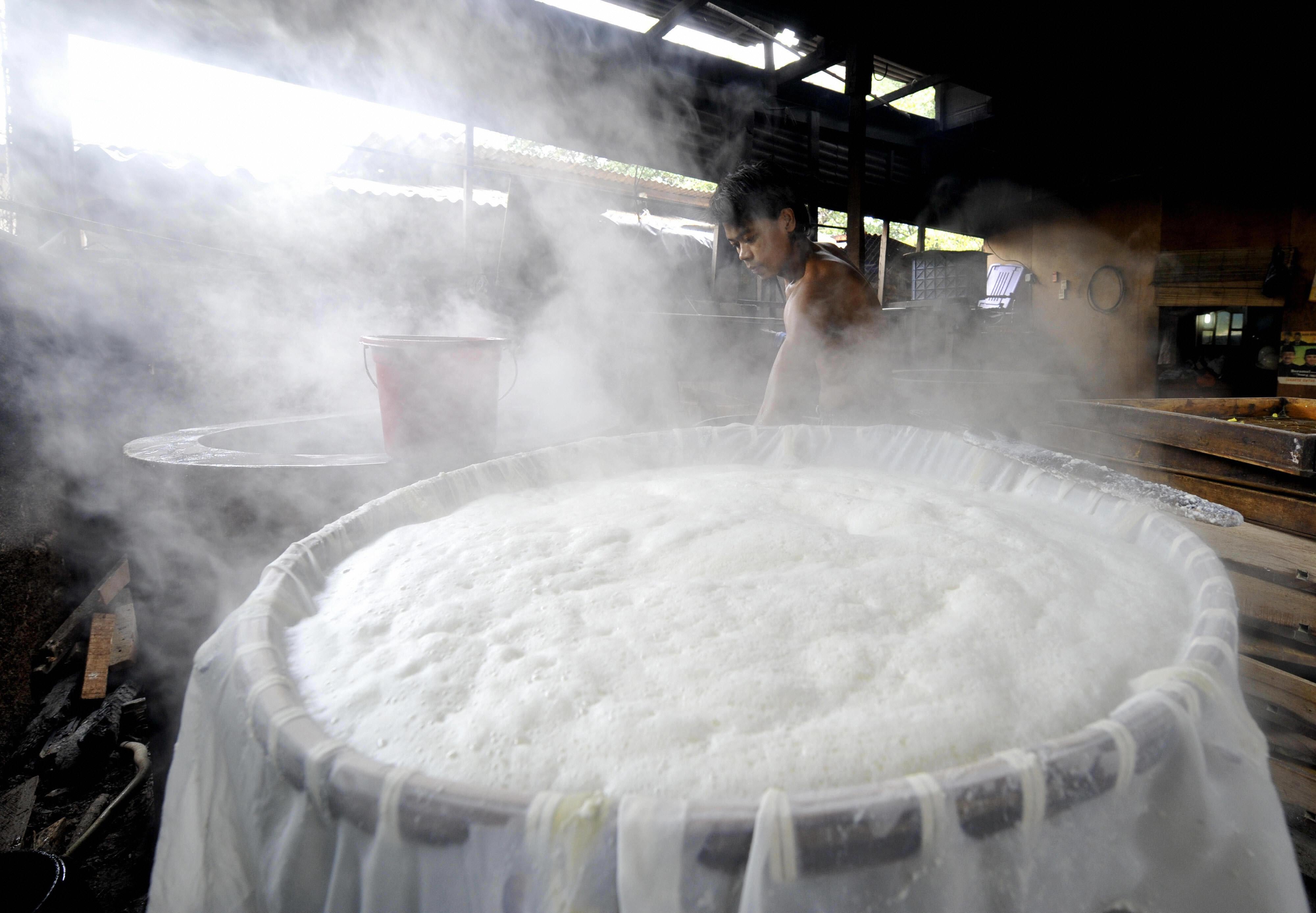Guillermo Calvo, Fabrizio Coricelli, and Pablo Ottonello take a look at emerging markets that experience financial crises and conclude that inflation helps restore full employment. Inflation is, of course, associated with exchange-rate depreciation. But their statistical tests tell them that “neither the change in the real exchange rate nor the change in output composition (tradables/nontradables), from output peak to recovery point, displays a statistically significant relationship with inflation or jobless recovery.” That is to say that exchange-rate depreciation is an effective strategy for employment rebound just insofar as the depreciation is inflationary, not through any kind of magical immaculate process.t
The United States is not an emerging market, of course, so these findings may not be relevant to us. But I suspect that they are, and when you hear things like the Baker/Bernstein proposal to use exchange-rate policy to create full employment you should hear that as “create moderate price inflation.”
But what Calvo, Coricelli, and Ottonello’s paper really does is give us insight into the political economy of crisis recovery. The upshot of inflation as a stabilization strategy is that inflation-adjusted wages fall on average, but the number of people with jobs (and thus aggregate national income) goes up. So when a crisis hits a country like Brazil or India, you have a class conflict in terms of optimal response policy. People with very stable jobs—civil servants, doctors, major landowners, etc.—may prefer a period of high unemployment to a period of high inflation. But people more tenuously situatated—landless workers without important education credentials—will be better off without the spike in joblessness.
That said, it isn’t just class conflict. Opting for a low-inflation, high-unemployment policy makes the pie smaller. Leftist types are often accused of overprioritizing distributional questions over economic growth, and perhaps that does happen. But when national elites opt for low inflation and high unemployment as a crisis-adjustment policy, they’re making the exact same mistake in service of different distributional goals. Price stability über alles preserves the purchasing power of insiders (they can still afford to import both BMWs and the gasoline to fuel them) at the expense of overall national prosperity.
